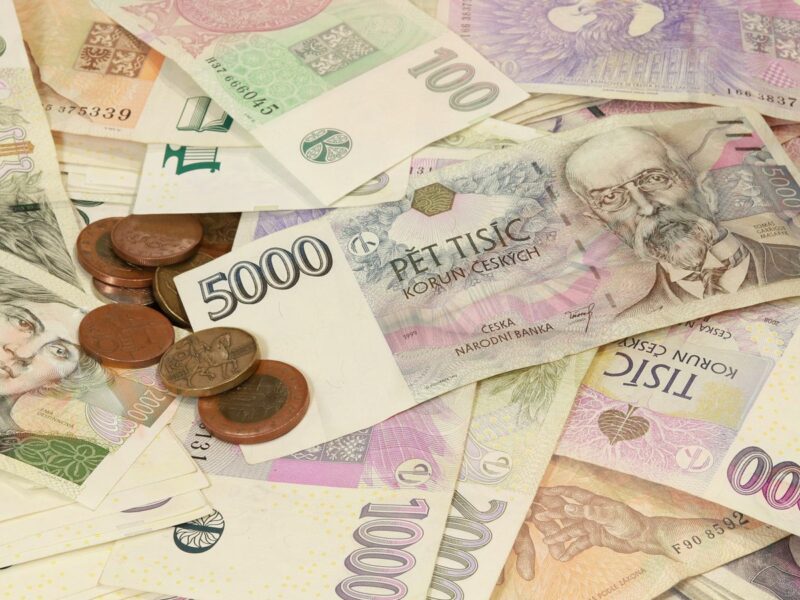Sentiment change in the Chinese market

Since the beginning of this year, there has been no bigger scarecrow on the markets than the Chinese market, which has naturally translated into stock market valuations as well as Chinese corporate bond yields. Chinese political elites have been aware of this situation and in recent weeks have made every effort to reverse the unfavorable developments through positive statements from the state media, direct market interventions as well as dialogue with large investors from around the world. This effort is also slowly beginning to show in the perception of global investor sentiment about China. The widespread panic over Chinese assets in recent months is evidenced by the valuation of the Hong Kong Stock Index, HSI, which sold in early October for less than the book value of companies in this index. In today’s world of high stock prices, this is a truly unprecedented value. Also at the level of profits, the HSI index sold for less than 10 times this annual profit. For comparison with global indices, Chinese stocks have not reached such an abysmal value in the last 20 years.
The stock market was not the only one that predicted only the worst. Bond traders expected the probability of default for Chinese national developers to be almost 45%. Such a high probability of default would be high even in times of financial crisis, and not in times of still loose global monetary policy.
Several large investment banks have noticed these extremely low values on Chinese assets and have begun to reassess their stance on China and gradually increase their positions. This was reflected in rising prices for companies that no one even wanted to touch three weeks ago. For example, such an index of developers has grown by more than 7% in the last two days. Also hitherto hated stocks such as Alibaba, Tencent or Didi Global (Chinese UBER) have seen decent growth over the last two weeks (Alibaba: + 14%; Tencent: + 8%; DiDi: + 25%). At first glance, it looks like investors can better assess the risk. An alternative view is that low prices on Chinese assets are too much of an attraction to go unnoticed.
Roman Vitásek, CFA
Portfolio manager, IAD Investments


